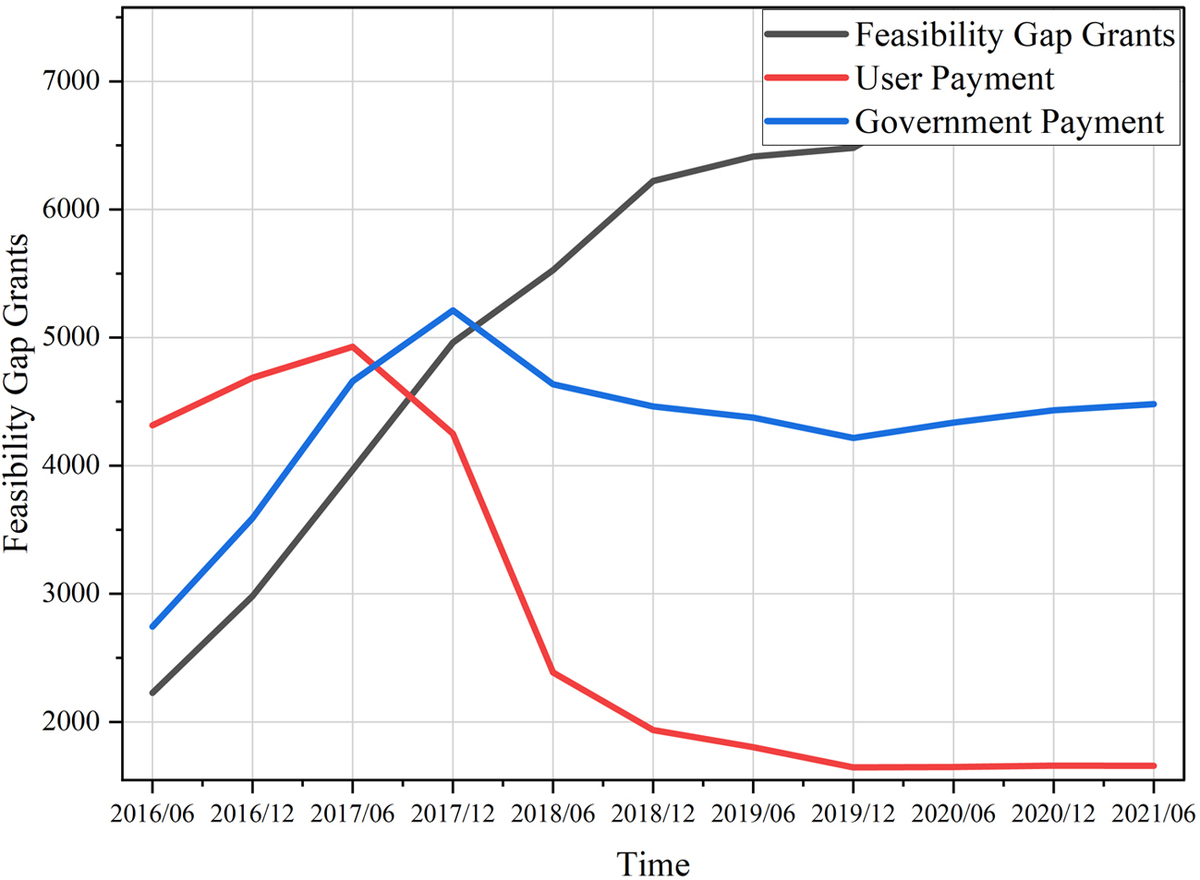How to achieve sustainable operation of transport infrastructure development: a case study of 30 transport infrastructure projects in China
1
Hunan Modern Environment Technology CO.,LTD., China
2
School of Traffic & Transportation Engineering, Changsha University of Science and Technology, China
Submission date: 2023-12-06
Final revision date: 2024-01-24
Acceptance date: 2024-02-27
Publication date: 2024-12-11
Corresponding author
Chongsen Ma
School of Traffic & Transportation Engineering, Changsha University of Science and Technology, China
School of Traffic & Transportation Engineering, Changsha University of Science and Technology, China
Archives of Civil Engineering 2024;70(4):521-534
KEYWORDS
case studyQCAtransportation infrastructuresustainable operationsustainable development pathwaysustainable economic development
TOPICS
ABSTRACT
Transport infrastructure projects are distinguished by their high levels of investment, lengthy construction periods, and reliance on government subsidies during operation. These factors have far-reaching impacts, not only on the sustainable operation and success of the projects themselves, but also on the orderly functioning of society and the sustainable development of the economy. As such, it is of paramount importance to thoroughly investigate the sustainable operation of transport infrastructure. This paper examines the impact of sustainable operation on transport infrastructure by analysing 30 projects in China's transport infrastructure sector. The study employs the qualitative comparative analysis method. To achieve the aim of this paper, we identified five dimensions for assessing a project's sustainability. These include the economic environment of the construction site, operational market demand, government support capacity, and enterprise management level. This analysis offers valuable guidance for future engineering projects. Finally, the study identified seven strategies for achieving sustainable operation of the project. The findings revealed that the economic development status, population size, and government subsidies of the construction site do not effectively promote sustainable operation of the project. Rather, they can hinder enterprises' market competitiveness. The study's results can assist decision-makers in determining the feasibility of implementing sustainable management practices in the new project. Examine the factors that influence the achievement of sustainable business while enhancing the operational efficiency of ongoing initiatives. This research aims to produce a valuable addition to risk assessments in sustainable operation research and the advancement of transportation infrastructure reduction.
Share
RELATED ARTICLE
We process personal data collected when visiting the website. The function of obtaining information about users and their behavior is carried out by voluntarily entered information in forms and saving cookies in end devices. Data, including cookies, are used to provide services, improve the user experience and to analyze the traffic in accordance with the Privacy policy. Data are also collected and processed by Google Analytics tool (more).
You can change cookies settings in your browser. Restricted use of cookies in the browser configuration may affect some functionalities of the website.
You can change cookies settings in your browser. Restricted use of cookies in the browser configuration may affect some functionalities of the website.




